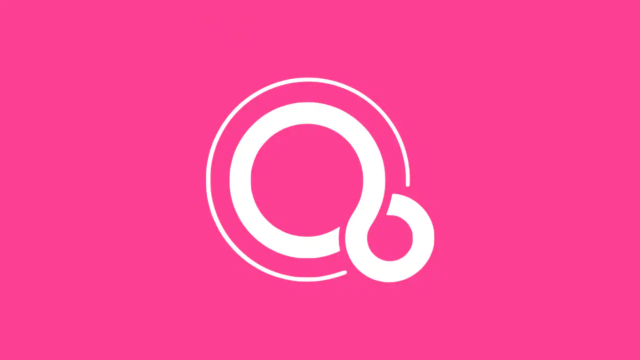Way back in 2016, the tech rumour mill began spinning with news that Google was working on a brand new OS for mobile and smart devices. ‘Google Fuchsia’ remained a mystery for nearly five years, with no clear answer on what the project was, or how it would impact existing Google products. Now we know it is real.
Not only that, it’s already quietly rolling out on legacy Google Nest devices and has been confirmed by Google.
“You don’t ship a new operating system every day, but today is that day,” Google Fuchsia’s technical lead, Petr Hosek, said on Twitter.
What is Google Fuchsia?
Fuchsia is designed to replace the existing Linux-based ‘Cast OS’ and open up new possibilities for Google devices.
So far, there’s no visual difference between the two operating systems, but there is some core differences behind-the-scenes.
The most notable one is that Fuchsia isn’t a Linux-based operating system at all. Instead, it’s based on a brand new Google-developed program (typically referred to as a ‘kernel’) called Zircon. This means it’s basically a whole new system from the code level up.
For now, its rollout is fairly limited, but it could become essential to the Google infrastructure in future.
[related_content first=”1144045″]
According to 9to5Google, Fuchsia was initially more of an experimental project, with developers focusing on creating newer and better ways to integrate apps into the OS. Rather than focusing on individual apps, the Fuchsia team was reportedly working on ‘stories’ that enabled users to get tasks done in a more ‘holistic’ manner.
This direction reportedly shifted multiple times during development, and we don’t know much about what it entailed — but the prospect of a new operating system is enticing.
Fuchsia developers are currently working on native support for Linux and Android apps, so the real capabilities of the OS are still yet to be realised. Given developers were only given access to Fuchsia tools in December 2020, it’s likely the eventual native app rollout for the device will be slow.
For now, Fuchsia will only be coming to first-generation Nest Hub smart devices that were released in 2018. This is so Google can test the operating system’s existing capacity and ensure a smooth transition in future.
From there, it’s likely the system will come to the rest of Google’s smart device line-up, and potentially even its Chromebook range. If you currently own 2018 Nest Hub, it’s worth checking if there’s an update waiting in the wings — you might be one of the first people able to test the new operating system.
Outside of app compatibility, it won’t bring massive changes for consumers just yet, but it’s clear Google has big plans for the OS. As work on native apps continues, we may soon see the fruits of this five-year-long labour.
